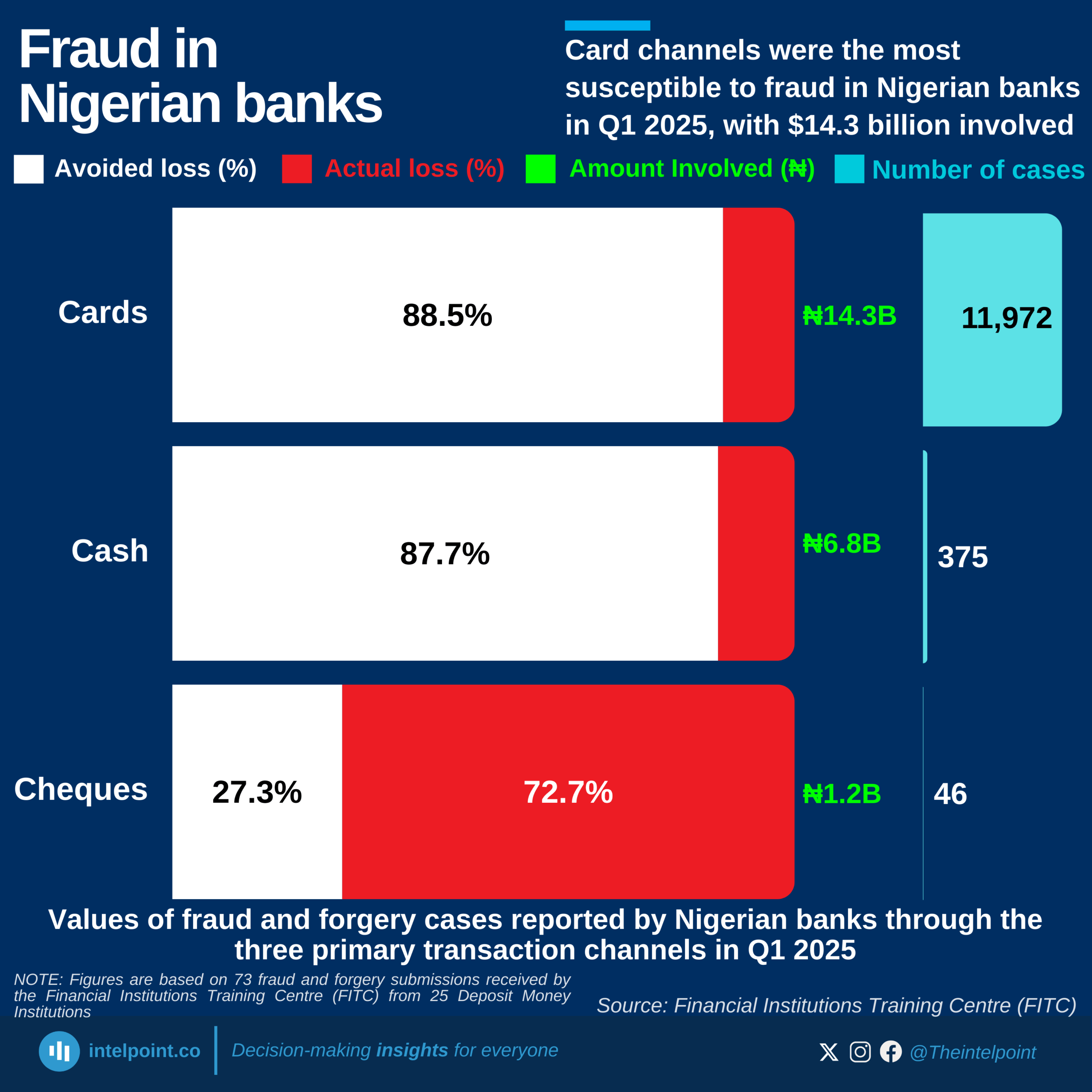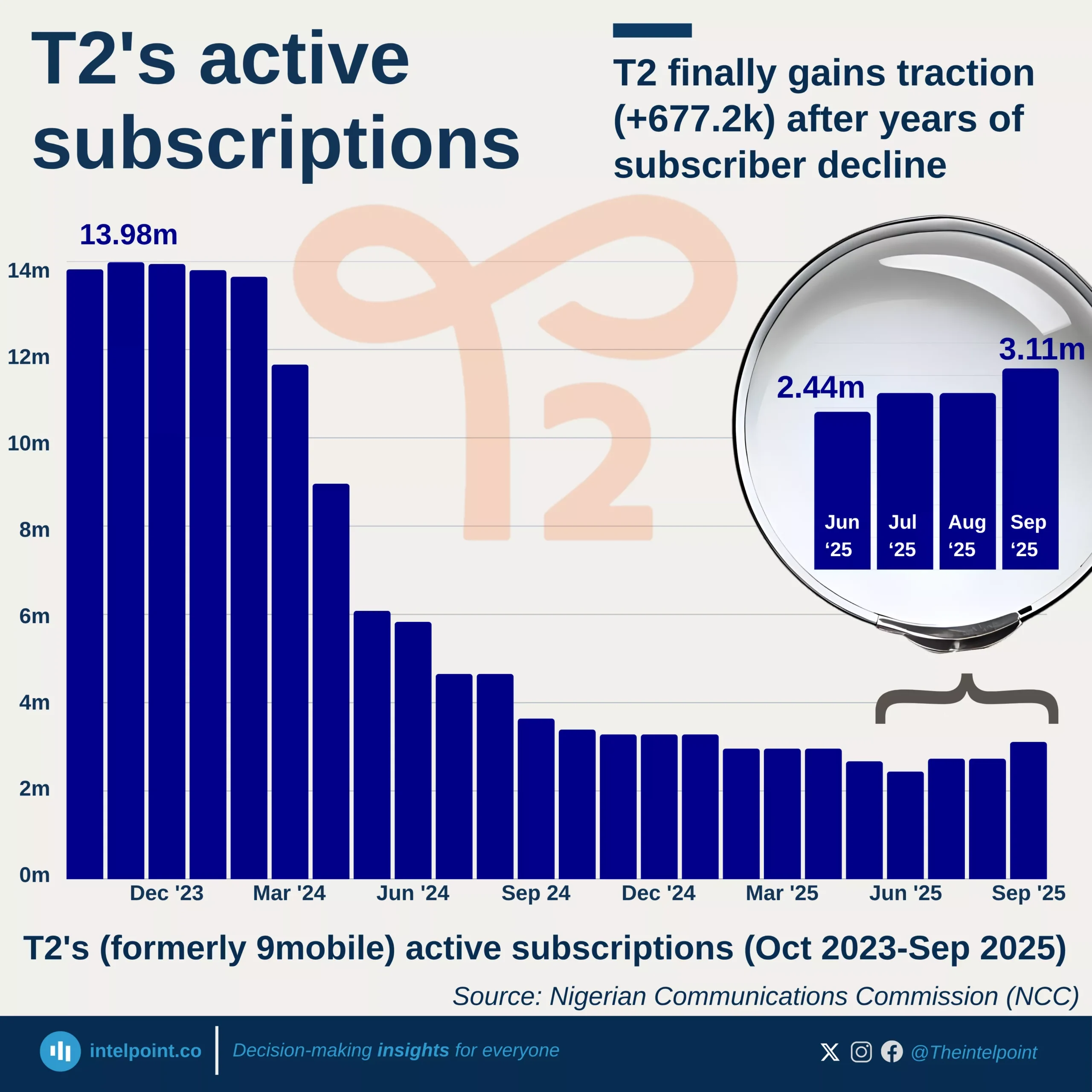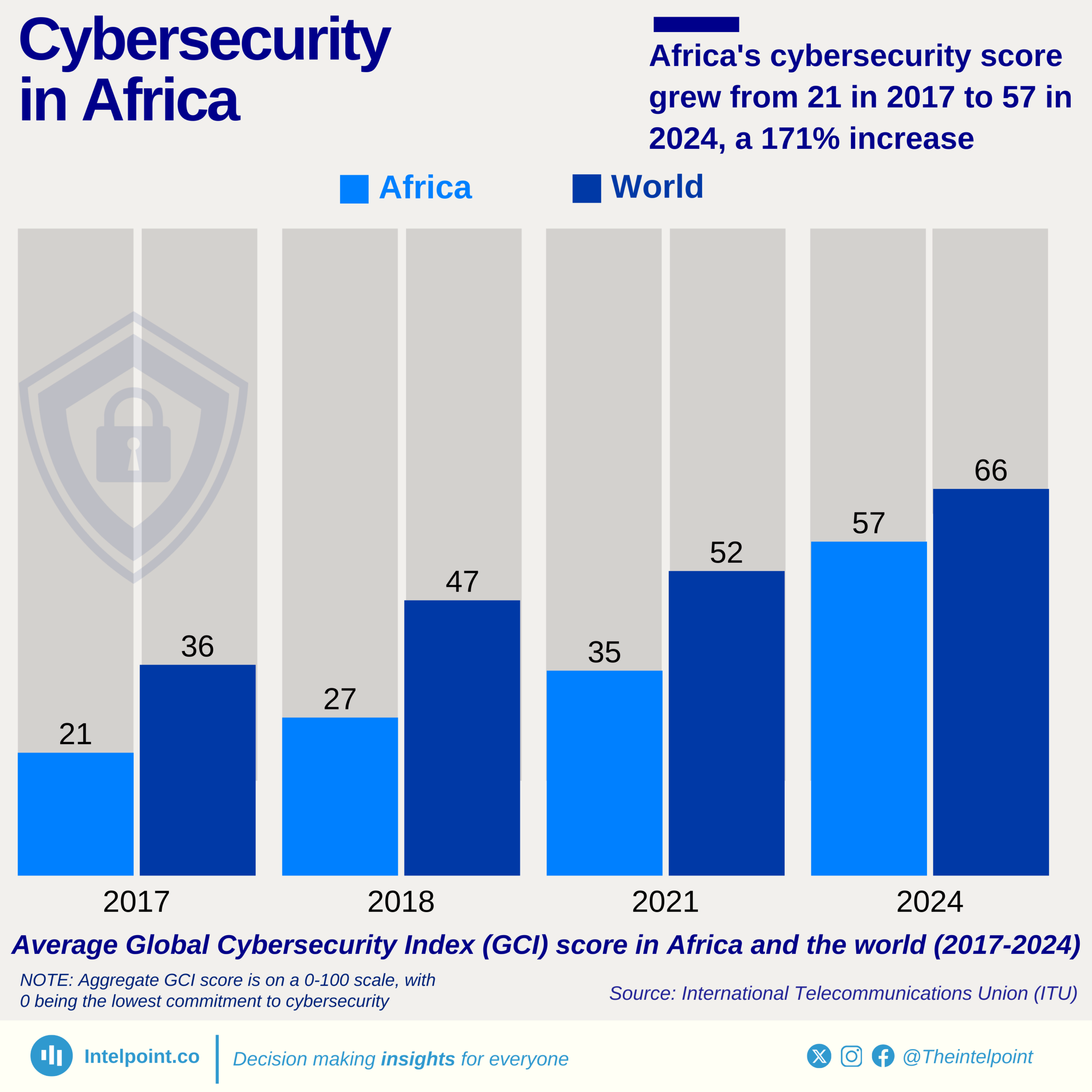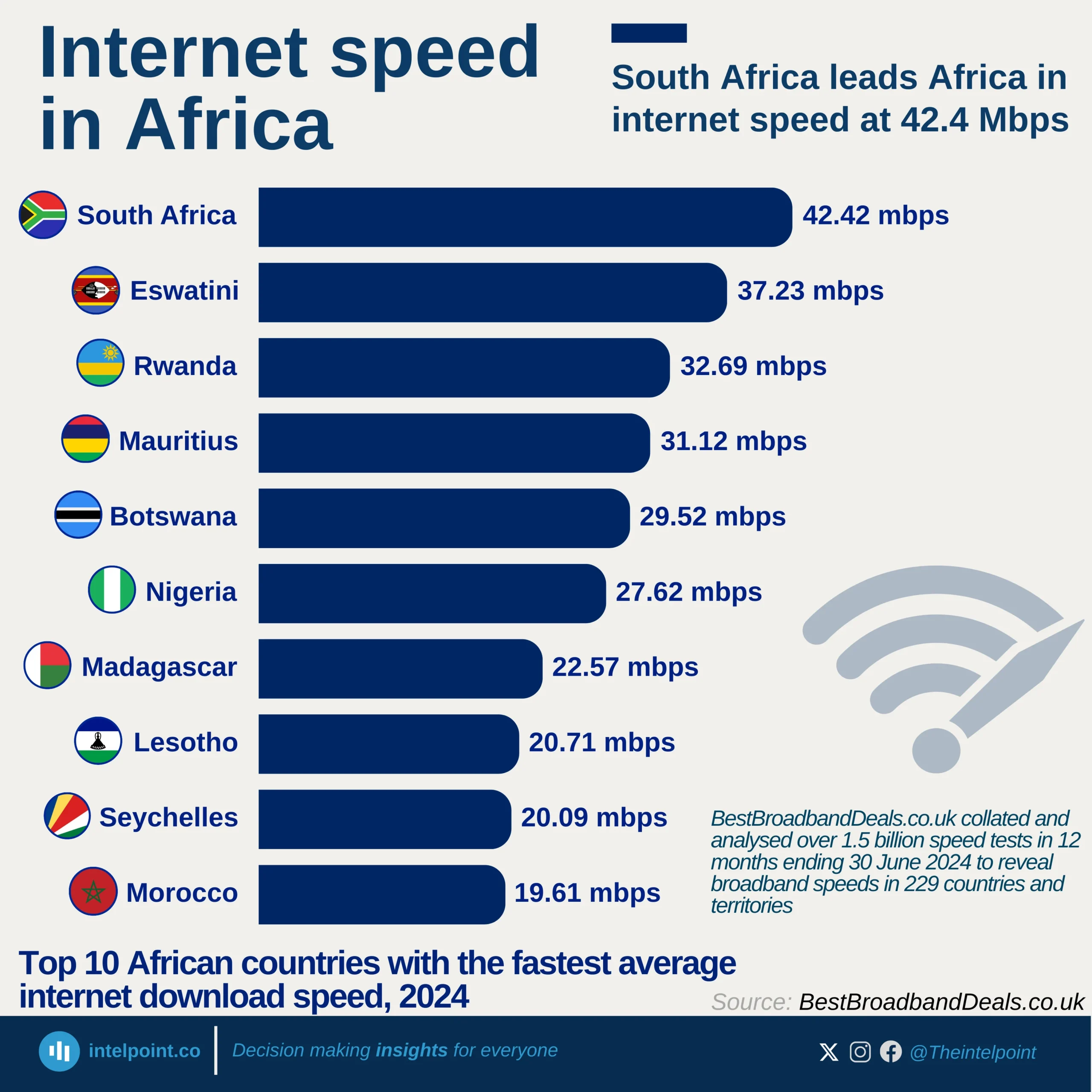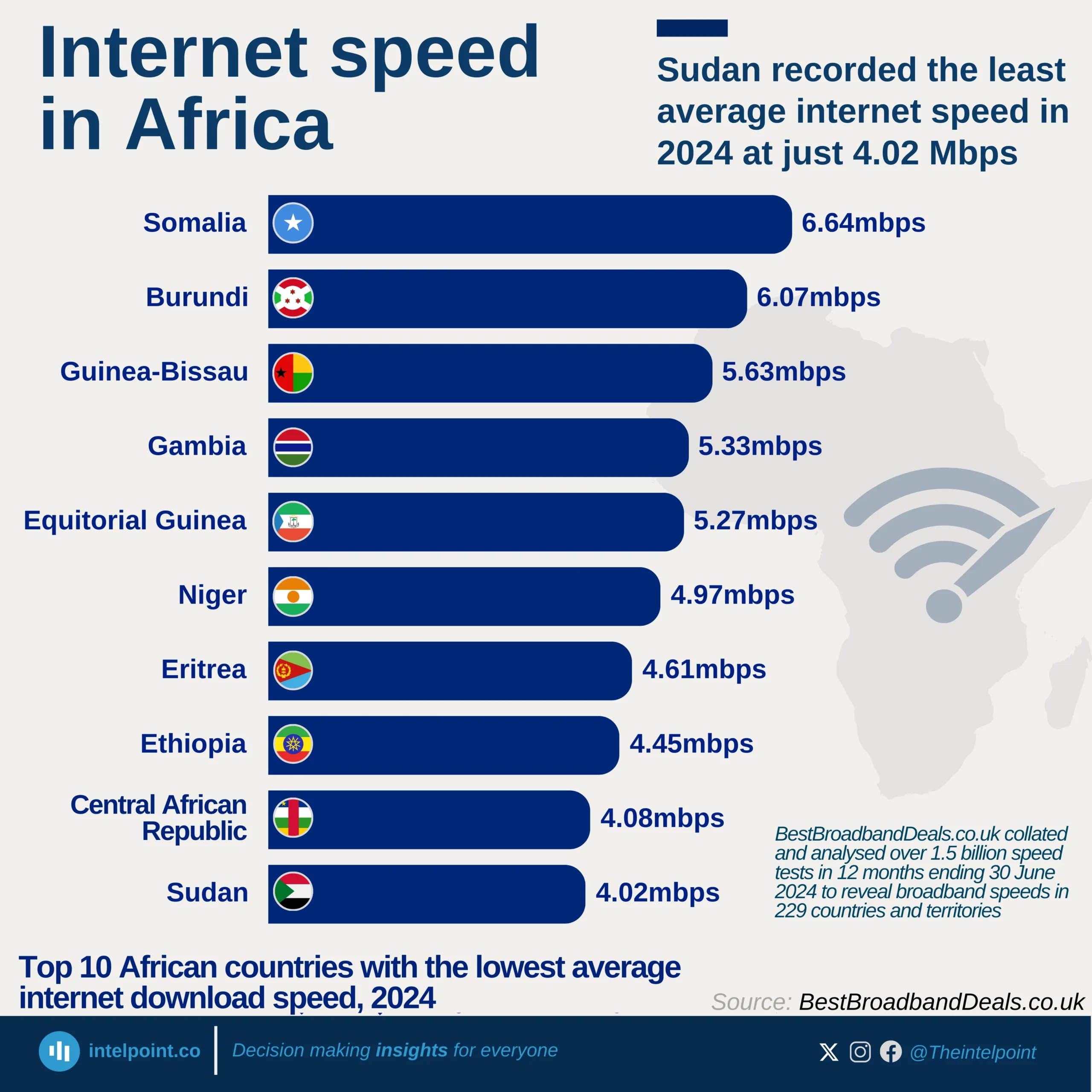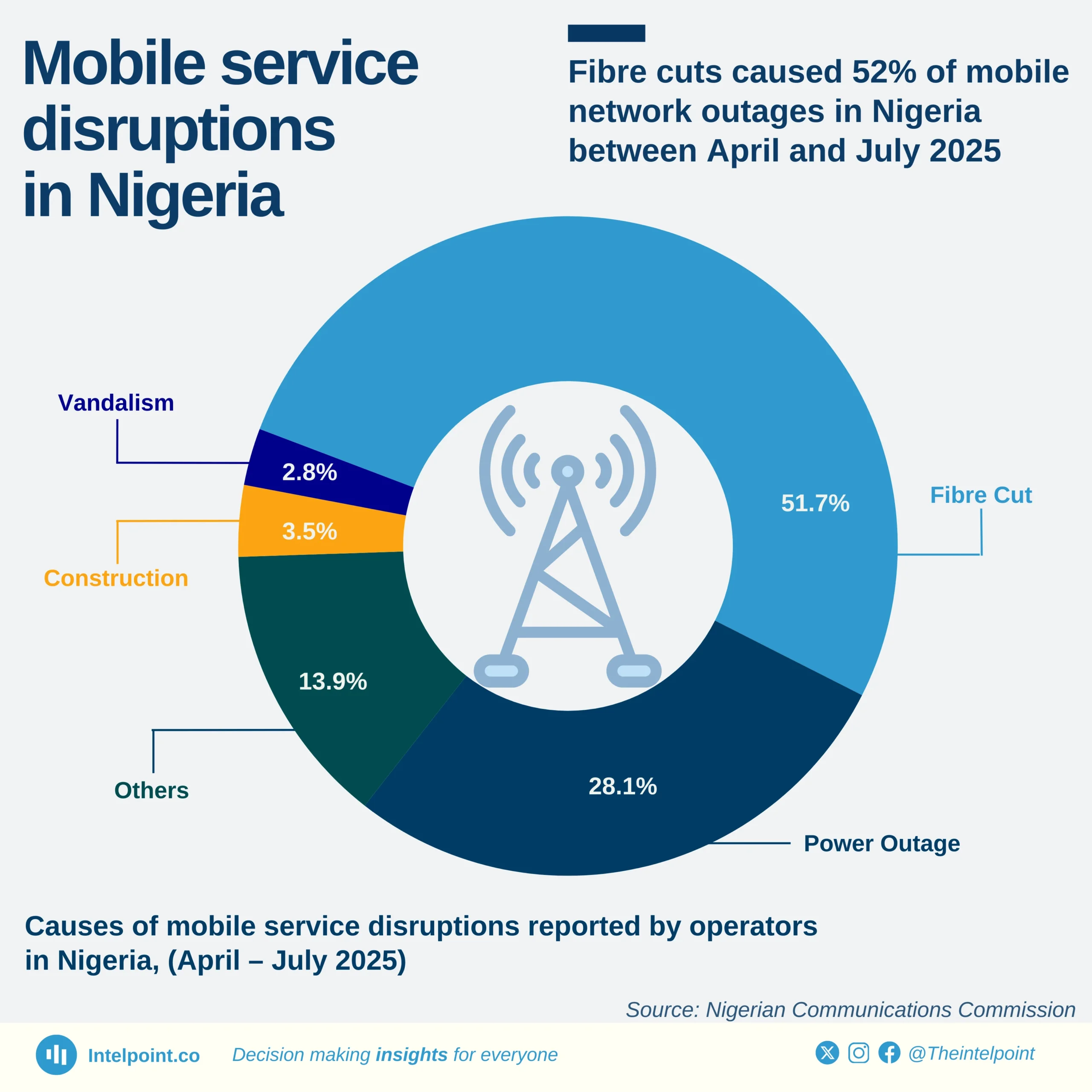The number of active GSM lines in Nigeria has grown significantly over the past 16 years, reaching a record 224 million in 2023. Starting at 40 million in 2007, Nigeria’s mobile penetration expanded rapidly, surpassing 100 million by 2012 and 200 million by 2020.
However, the market experienced a brief decline in 2017 and 2021. Since then, growth has resumed, with 2023 marking the highest number of active mobile lines ever recorded in the country. This reflects increasing digital connectivity, population growth, and the expansion of mobile services across Nigeria.
